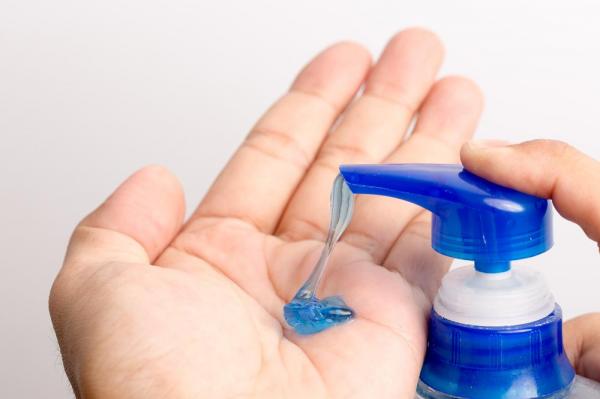
SILVER SPRING, Md., Sept. 2 (UPI) — Antibacterial soaps and washes are popular, but the U.S. Food and Drug Administration says there is no evidence that many are more effective at eliminating germs than regular soap and water.
The FDA on Friday announced 19 chemicals purported to kill germs and bacteria can no longer be used in over-the-counter antiseptic washes because of a lack of evidence they work and the suggestion that some may pose a health risk.
In 2013, the agency proposed a rule issuing new requirements to investigate the safety of several ingredients in the soaps, including the relatively common ingredients triclosan and triclocarbon, reiterating the concerns in calls issued in 2015 to manufacturers of healthcare antiseptics and again in June regarding hand sanitizers.
Concerns about the chemicals are based on data suggesting long-term exposure can pose health risks such as bacterial resistance and hormonal effects. The expectation of FDA regulators was for the companies to provide data from clinical studies demonstrating both safety and efficacy at preventing illness or reducing infection.
In the absence of either convincing data or any data submission at all, the FDA issued its final rule proposal today, which rules out the use of 19 ingredients.
In addition to giving manufacturers one year to remove the ingredients from all products on sale, the FDA gave manufacturers one year to collect additional data on the benzalkonium chlorida, benzethonium chlorida and chloroxyenol before deciding whether to allow their use or add them to the list of banned chemicals.
“Consumers may think antibacterial washes are more effective at preventing the spread of germs, but we have no scientific evidence that they are any better than plain soap and water,” Dr. Janet Woodcock, director of the FDA’s Center for Drug Evaluation and Research, said in a press release. “In fact, some data suggests that antibacterial ingredients may do more harm than good over the long term.”
Hand sanitizers are considered to be the best use in the absence of soap and water — the CDC recommends alcohol-based products containing at least 60 percent alcohol — though it’s worth keeping in mind the FDA has concerns about their use as well.





